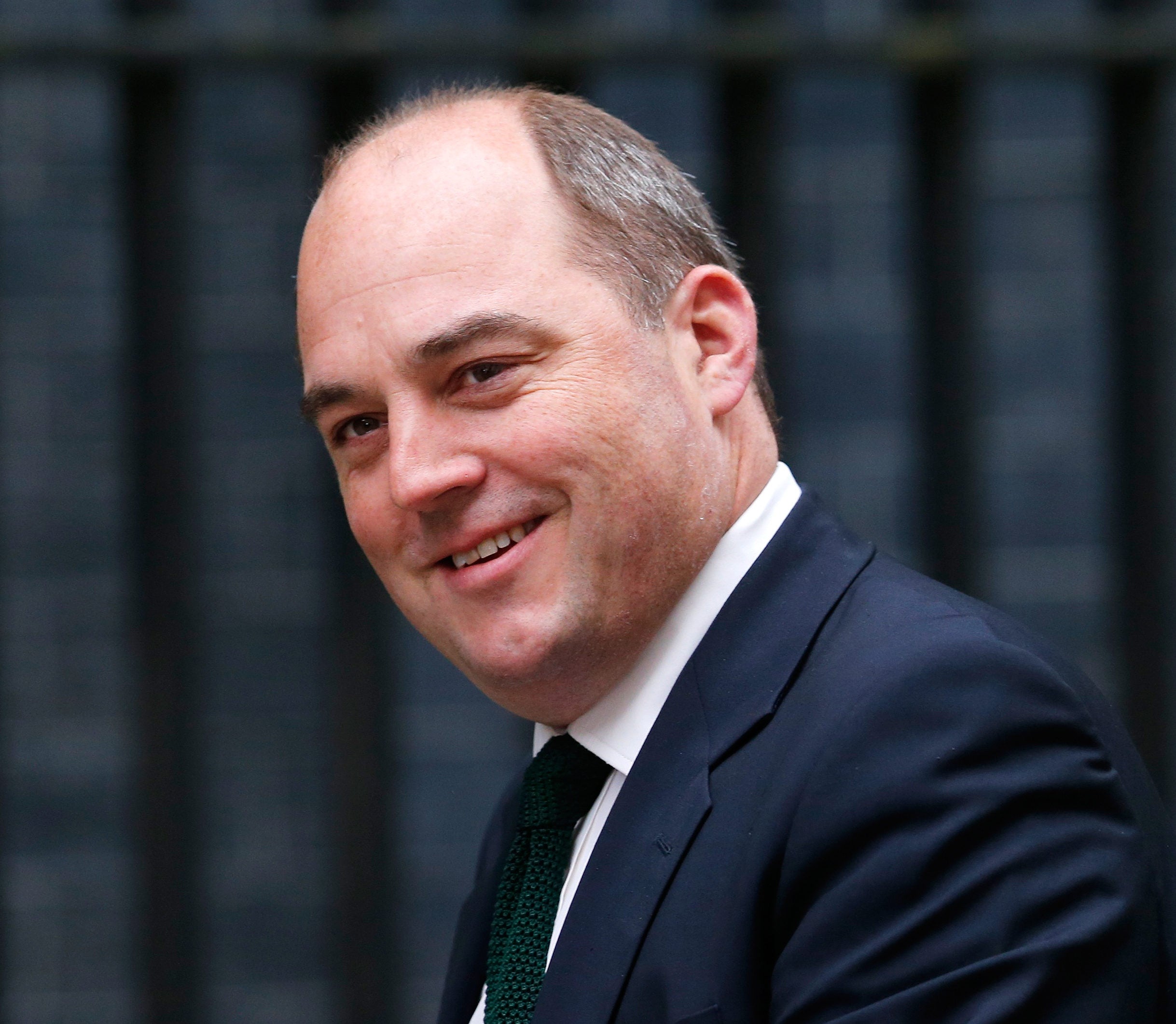
MPs have expressed fears that the Government’s counter-terrorism proposals could have a “chilling effect” on investigative journalism and the freedom of inquiry from journalists and academics alike.
A clause has been added to the Counter-Terrorism and Border Security Bill making it illegal for a UK national or resident to enter, or remain in, an area that has been “designated” by the Home Secretary without a “reasonable excuse”.
The new offence would carry a maximum penalty of ten years’ imprisonment.
Security Minister Ben Wallace (pictured) told the Commons on Tuesday that the “reasonable excuse” defence covers “individuals who have a valid reason to enter and remain in a designated area, such as to provide humanitarian aid, to work as a journalist, or to attend a funeral of a close relative”.
However SNP MP Gavin Newlands suggested the new offence was not “necessary or proportionate” and could lead to journalists choosing not to travel to affected areas.
He said: “A reasonable excuse defence is included in the proposal; however, people travelling to visit family, conduct research, document human rights abuses or undertake humanitarian relief could all be criminalised and imprisoned for up to ten years should their reasonable excuse be found wanting.
“Some people will simply opt not to travel, which would have a chilling effect on family relationships, academic inquiry and investigative journalism.
“The likes of our fantastic correspondent David Pratt of the Herald and National may think twice before travelling to war and conflict zones to bring us the real story on the ground.”
Lib Dem MP Ed Davey raised concerns that the person charged will have to prove they had a reasonable excuse for entering a designated area, adding: “I do not think that people will be innocent until proven guilty, and that should worry the House.”
Government changes to the bill have also got rid of a “three clicks” rule for viewing terrorist material online, making it an offence to view such propaganda on a single occasion.
In an earlier briefing, the NUJ said it “remains concerned that this clause may capture legitimate journalistic research”.
“Journalists are often required to view a range of material over the internet, and this clause does not provide any related exemptions or safeguards for journalists,” it added.
Wallace told MPs on Tuesday that there was a “reasonable excuse” defence for viewing terrorist material which would cover journalists and academics.
“It would also mean that the prosecution is unlikely to commence in those circumstances, because it would not pass the Crown Prosecution Service threshold test of being in the public interest and of there being a realistic prospect of conviction,” he added.
“The police and the CPS are rightly focused on those who pose a genuine threat, and have no interest in wasting their valuable time investigating and prosecuting people who pose no threat, where there is no public interest and no prospect of conviction.”
But Davey said: “The defence for viewing such material with good cause has actually been reduced, and I am not alone in thinking that.
“Amnesty International fears that there is a serious risk of a chilling effect on the freedom of inquiry, whether from journalists, academics or researchers.”
Wallace responded that “contrary to narrowing the definition”, the legislation is “as broad as possible to include a whole range of reasonable excuses”.
In a briefing to MPs before the debate, Amnesty International said: “While the risk of individuals engaged in benign or misguided activity being charged with an offence is of obvious concern, there is also the risk of a serious chilling effect on freedom of thought and inquiry.
“The right to freedom of expression protected by Article 10 of the Human Rights Act includes the right to seek and receive information.
“Any interference must be proportionate, and the law itself must be sufficiently clear to enable individuals to regulate their behaviour accordingly and avoid any arbitrariness in its application. It is difficult to see how this clause would meet that test.”
Amnesty International and the NUJ also warned against a clause which would criminalise the publication of images which could “arouse reasonable suspicion that the person is a member or supporter of a proscribed organisation”.
The NUJ said it “risks a detrimental impact on journalists, journalism and related historical archives” and does not contain the necessary safeguards for legitimate public interest journalism.
The groups also criticised Clause 1 of the bill, Expressions of support for a proscribed organisation, with the NUJ saying it lacks clarity and could have a detrimental effect on freedom of expression.
Overall the NUJ said: “A number of clauses could gravely endanger legitimate, public interest, media reporting of terrorists and terrorism.
“We are alarmed by the potential implications for investigative journalists; and by the lack of adequate safeguards for journalists and journalism on the face of the bill.
“The NUJ is opposed to the measures in the bill that create harsher penalties and new offences that criminalise information-seeking and freedom of expression.”
The News Media Association said last week that it remained concerned the bill lacks explicit safeguards for journalism, and that it would write to MPs to outline these issues.
Picture: Reuters/Suzanne Plunkett
Email pged@pressgazette.co.uk to point out mistakes, provide story tips or send in a letter for publication on our "Letters Page" blog
